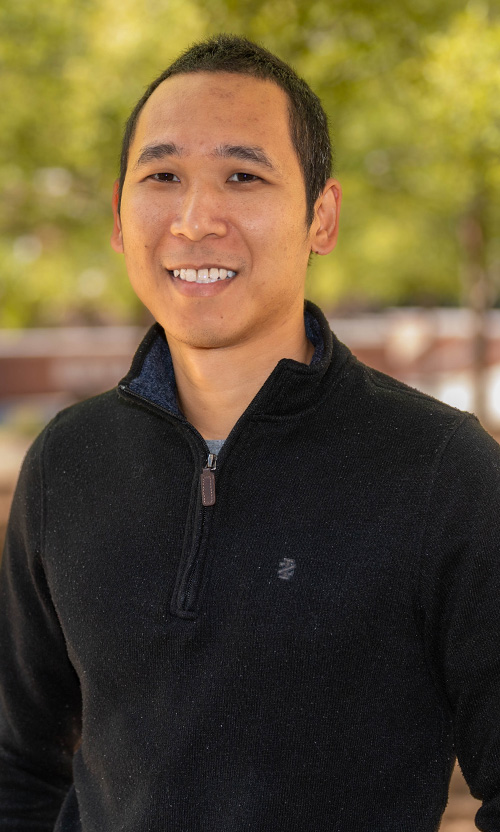Auburn Engineering researcher developing 3-D framework to test AI algorithms
Published: Jul 15, 2019 2:14 PM
By Chris Anthony
As artificial intelligence becomes increasingly prevalent in our lives with applications ranging from health care to autonomous vehicles, the need to ensure AI algorithms work properly is imperative.
After all, the consequences can be deadly. In 2016, a driver was killed when his Tesla Model S was on autopilot and crashed into a white tractor-trailer. The car’s driverless technology failed to distinguish the white truck from a brightly lit sky.
Computer vision, a subset of artificial intelligence that uses image processing algorithms to analyze and understand images, is a central part of many automated processes. That’s why Anh Nguyen, assistant professor of computer science and software engineering at Auburn University, is developing a framework to test computer vision systems in 3-D environments in an effort to improve their reliability.
In addition, Nguyen’s framework will seek answers as to why the algorithm misbehaved in certain instances during testing.
“Providing explanations understandable by humans for decisions made by machines is crucial in gaining users’ trust, advancing AI algorithms and complying with the current and future legal regulations on the use of AI with sensitive human data,” Nguyen said.
While previous research projects have created 2-D testing environments for computer vision systems, these have proven dissimilar to what AI systems would encounter in the physical world.
“Instead of optimizing in the 2-D image space, the research objective of this project is to harness 3-D graphics engines to create a 3-D scene where the factors of variations, such as lighting, object geometry and appearances, and background images, can be controlled and optimized to cause a target computer vision system to misbehave,” Nguyen said.
Nguyen’s framework is intended to reveal the defects that cause computer vision systems to misbehave and capture explanations for the systems’ decision-making.
The project is sponsored by a $175,000 grant from the National Science Foundation’s Computer and Information Science and Engineering Research Initiation Initiative.
Media Contact: , chris.anthony@auburn.edu, 334.844.3447


